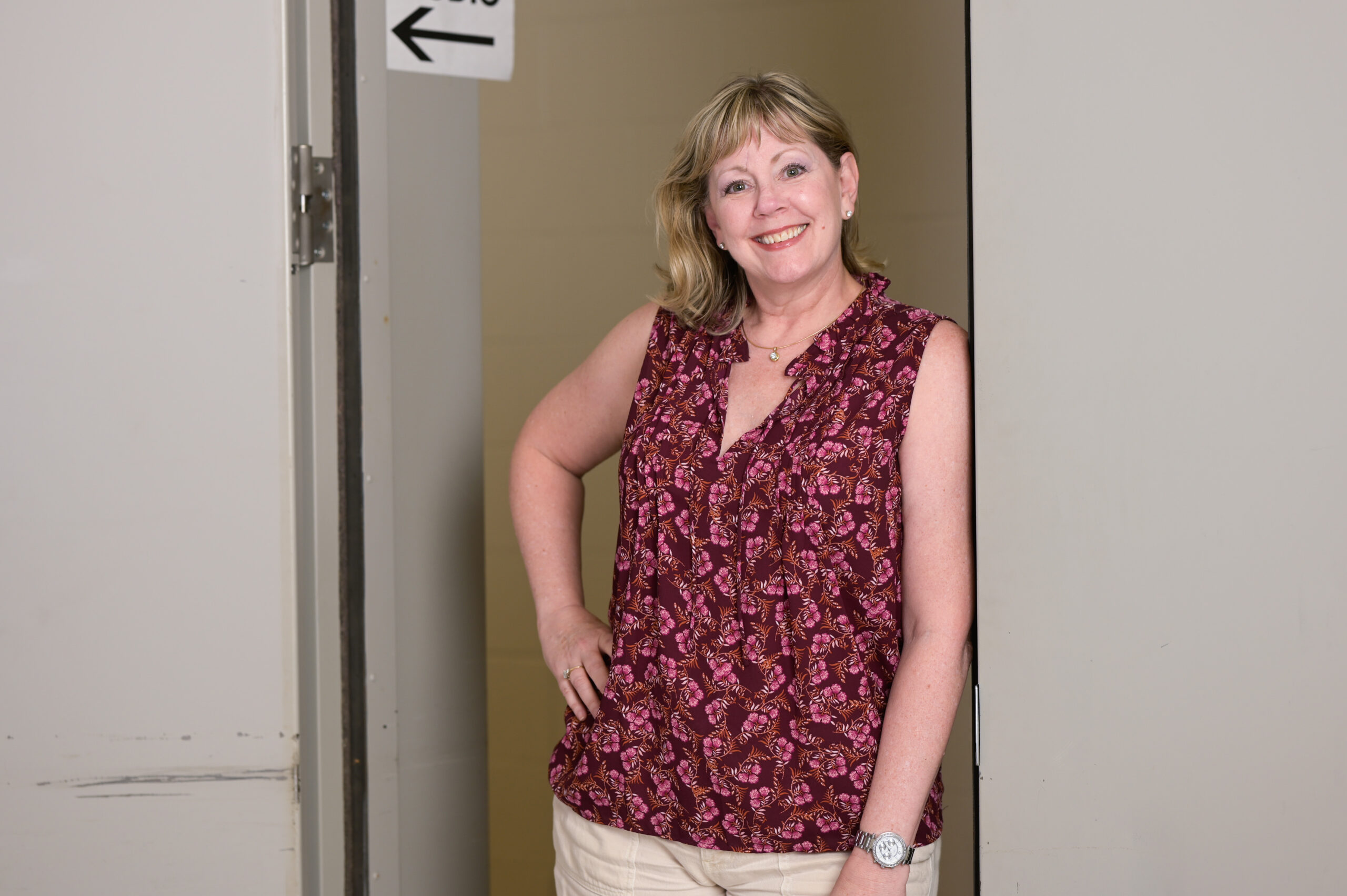HES GEP courses
- There are still open seats in several in-person/hybrid HES 200-level courses. Look under HESD, HESO, HESS, and HEST to find these.
- If you have a student in need of a 100-level HESF course, please direct them to me. I have a few “saved” seats in online sections of HESF 101, with priority given to graduating seniors.
- If you have a student that is enrolled in an in-person/hybrid course but needs to complete their coursework entirely online, also direct those students to me to help change their enrollment. This might mean they need to take a different course because not all HES classes can be taught effectively online.
- In years past, we have directed students needing to add a HES class to show up on the first day of class to get a seat. DO NOT tell students to just show up this semester! In order to maintain proper capacities and distancing, we cannot handle the dozens (maybe hundreds?) of students that just show up on day one. In many cases, our classes are not even meeting in-person on day one because students need to be split into meeting groups and know proper procedures before coming to the gym. If you have a student who needs a course, please direct them to me PRIOR to the first day of classes, if at all possible.
- In addition to HES GEP courses, we also have seats in several HESM classes (which count towards HES minors but are also open to all students). These courses include classes that count for US Diversity (HESM 324) and Interdisciplinary Perspectives (HESM 332) credit. *Note that HESM 332 is offered in a hybrid format, but it can also be completed fully online, if needed.
And lastly, a reminder about the HES GEP requirement:
Undergraduate students need two (2) hours of HES GEP courses, one (1) hour of which must be a HESF 100-level class. The second hour can be another 100-level HES class or it can be a 200-level HES course. HESF 100 Cross Training is the only 2-hour HES GEP class, and it fully completes the GEP requirement. Note that the 100-level classes are not numbered from “easiest to hardest.” For example, HESF 101 is much more challenging than HESF 102. Students should read the course descriptions to see what types of activities each class entails, and you can find sample syllabi and testing scales on our website: https://hes.dasa.
- Categories:


